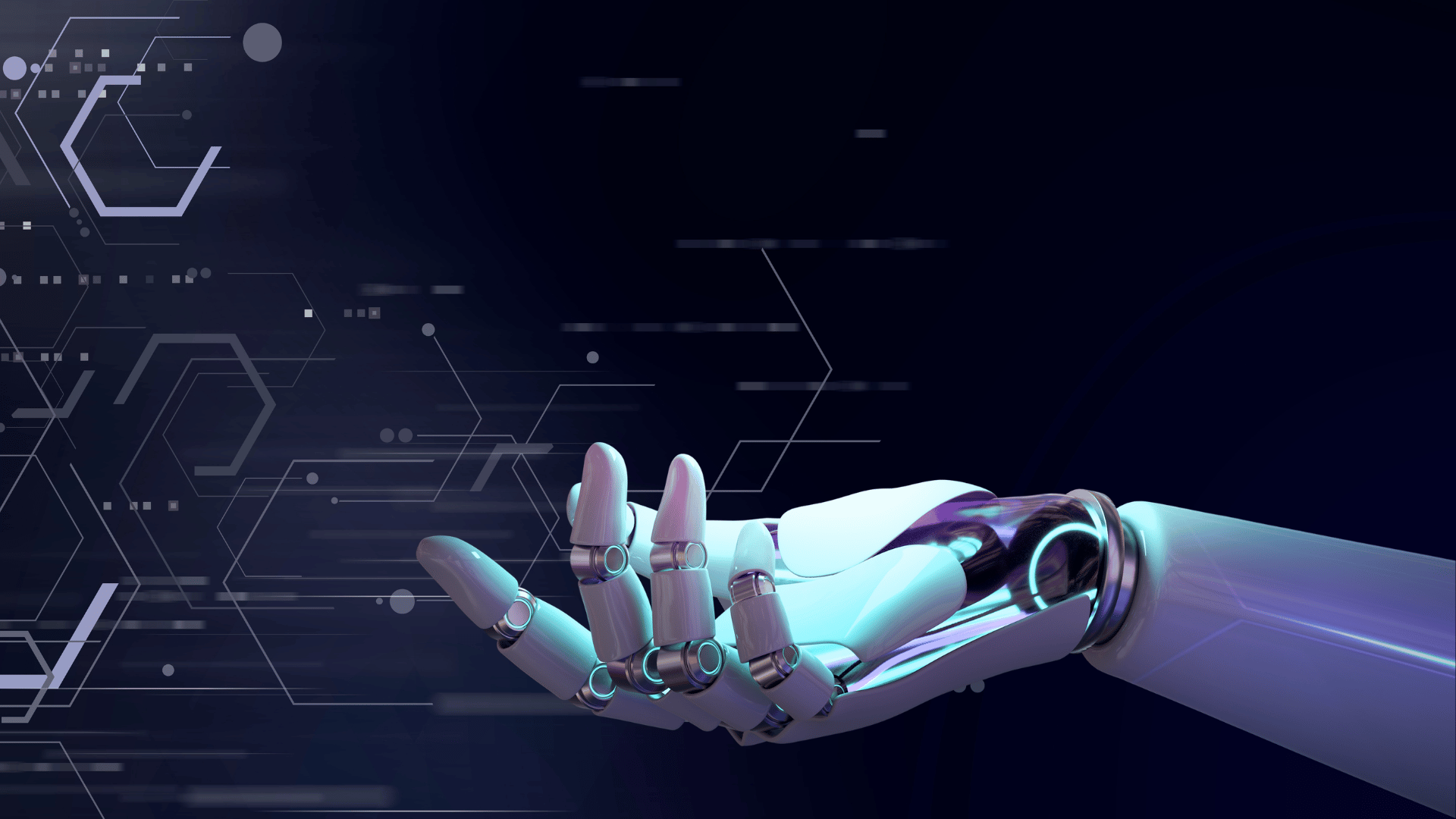
Harnessing the Power of AI: Opportunities and Challenges
Artificial Intelligence (AI) has rapidly transitioned from a futuristic concept to a transformative force reshaping industries, economies, and daily lives. As AI technologies continue to evolve, they bring with them a plethora of opportunities and challenges that businesses, governments, and individuals must navigate. This blog explores how we can harness the power of AI, the potential benefits it offers, and the obstacles we need to overcome.
Opportunities of AI
1. Enhanced Efficiency and Productivity
AI can automate repetitive and mundane tasks, freeing up human workers to focus on more complex and creative activities. This automation not only increases efficiency but also reduces the likelihood of errors. In industries like manufacturing, AI-powered robots can work alongside humans to boost productivity and ensure precision.
2. Data-Driven Decision Making
With the ability to analyze vast amounts of data quickly, AI provides valuable insights that can guide strategic decision-making. In sectors such as finance, healthcare, and marketing, AI algorithms can identify trends, predict outcomes, and recommend actions, enabling organizations to make informed choices.
3. Personalization and Customer Experience
AI enables businesses to offer personalized experiences to their customers. Through machine learning algorithms, companies can analyze customer behavior and preferences, tailoring products, services, and interactions to individual needs. This level of personalization can enhance customer satisfaction and loyalty.
4. Innovation in Healthcare
AI is revolutionizing healthcare by improving diagnostics, treatment plans, and patient care. Machine learning models can analyze medical images with greater accuracy than humans, while predictive analytics can identify potential health risks early. AI-powered virtual assistants and chatbots can also provide round-the-clock support to patients.
5. Advancements in Autonomous Systems
From self-driving cars to drones, AI is driving the development of autonomous systems that can operate without human intervention. These technologies have the potential to transform transportation, logistics, and even agriculture, increasing safety and efficiency while reducing costs.
Challenges of AI
1. Ethical and Bias Concerns
AI systems are only as good as the data they are trained on. If this data is biased, the AI can perpetuate and even amplify these biases, leading to unfair and discriminatory outcomes. Addressing these ethical concerns requires a commitment to transparency, fairness, and accountability in AI development.
2. Job Displacement and Workforce Transition
While AI can create new job opportunities, it also poses a threat to traditional roles that may become obsolete. Preparing the workforce for this transition involves reskilling and upskilling initiatives to equip individuals with the knowledge and abilities needed for AI-driven environments.
3. Security and Privacy Risks
The integration of AI into various systems increases the risk of cyberattacks and data breaches. Ensuring the security and privacy of sensitive information is paramount, requiring robust cybersecurity measures and policies to protect against malicious threats.
4. Regulation and Governance
The rapid pace of AI development often outstrips the creation of regulatory frameworks. Governments and regulatory bodies must work to establish guidelines that promote innovation while safeguarding public interests. This includes addressing issues related to data ownership, intellectual property, and accountability.
5. Technical Limitations
Despite its advancements, AI still has technical limitations. Complex AI models require significant computational power and energy, which can be costly and environmentally taxing. Additionally, AI systems may struggle with tasks that require common sense reasoning or understanding nuanced human behavior.
Conclusion
Harnessing the power of AI presents a unique blend of opportunities and challenges. To fully capitalize on AI’s potential, it is crucial to adopt a balanced approach that fosters innovation while addressing ethical, social, and technical issues. By doing so, we can ensure that AI serves as a force for good, driving progress and improving lives across the globe.
As we move forward, continuous collaboration between governments, industry leaders, and academia will be essential in navigating the complexities of AI and unlocking its full potential. The future of AI is bright, but it requires careful stewardship to ensure it benefits all of humanity.
